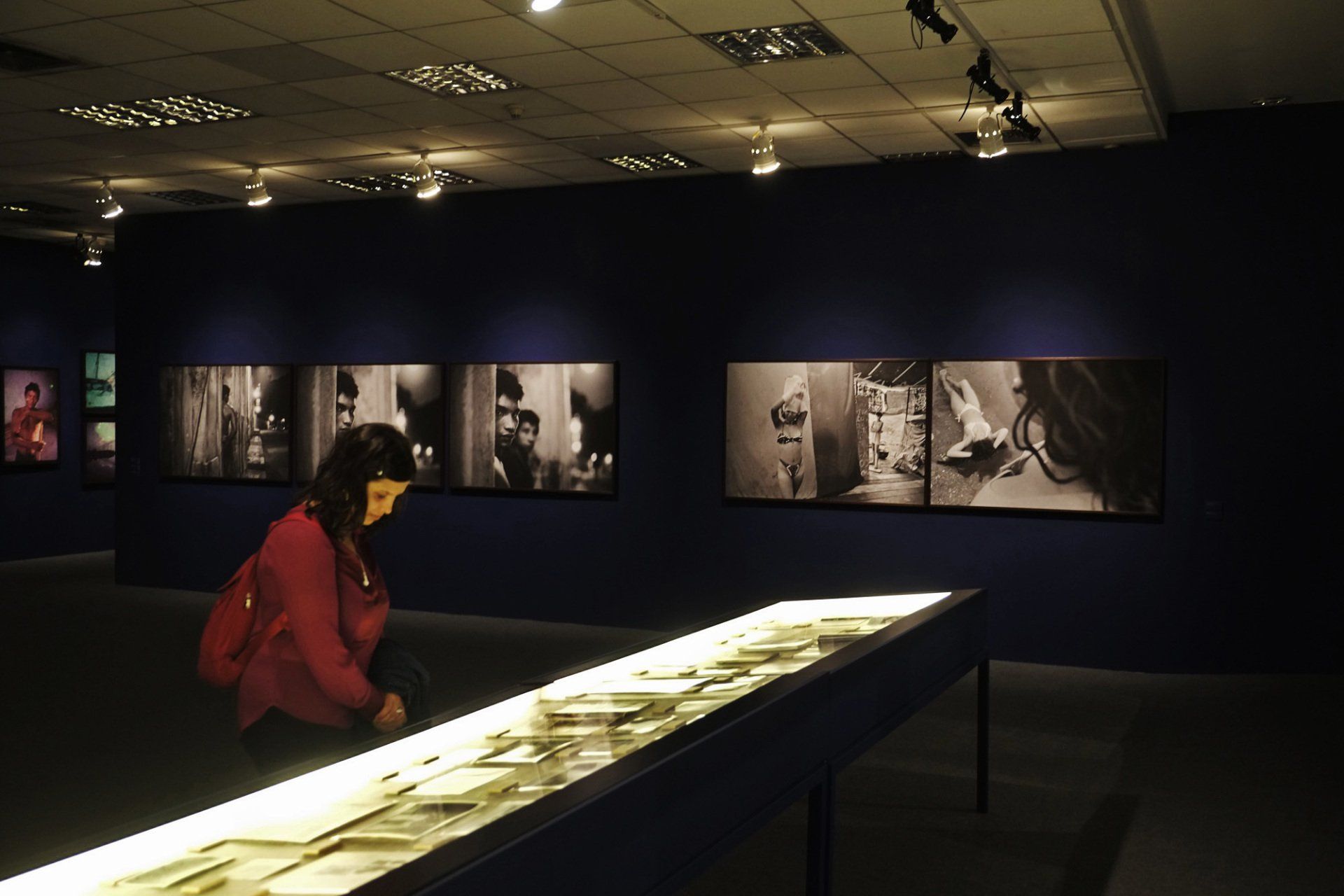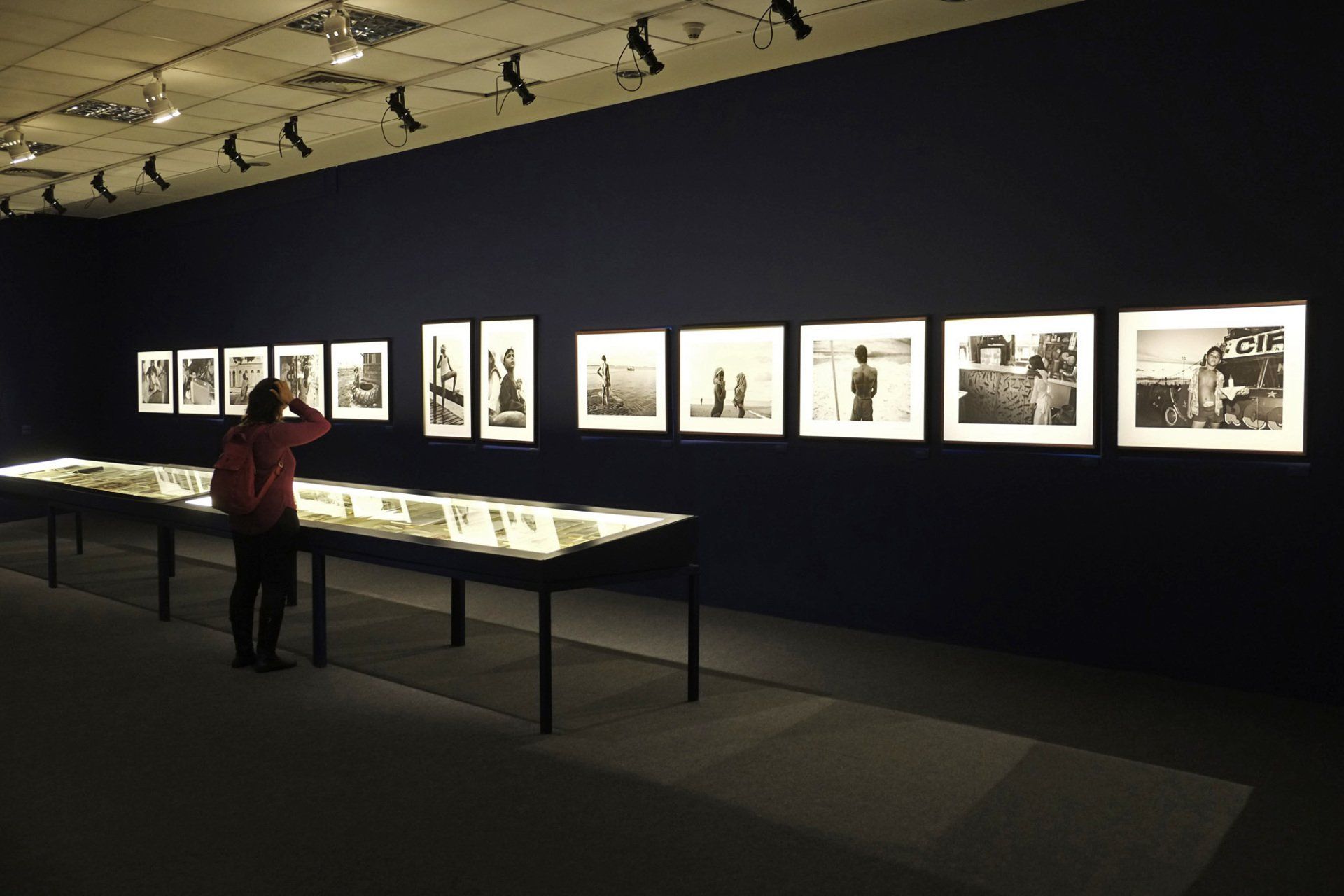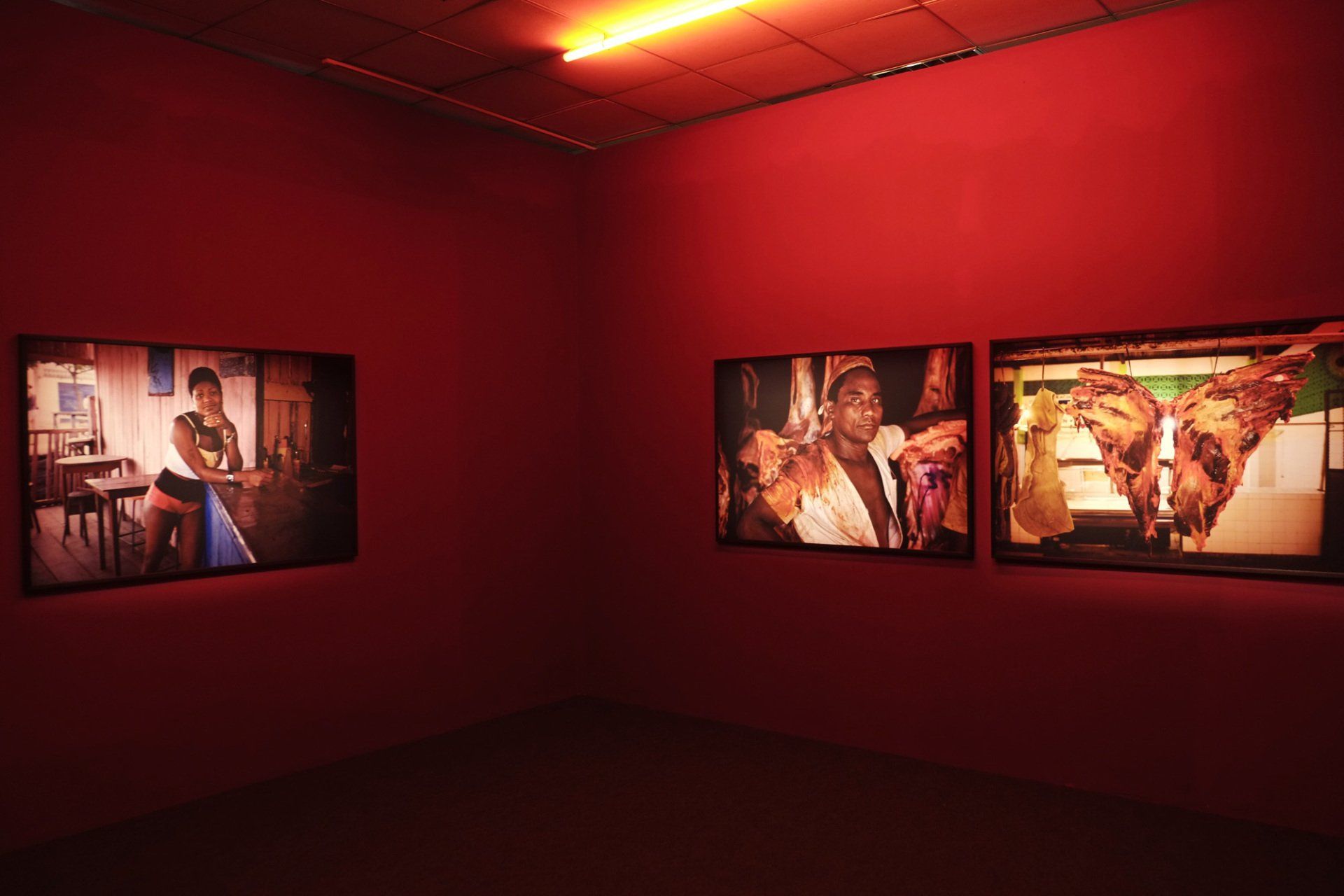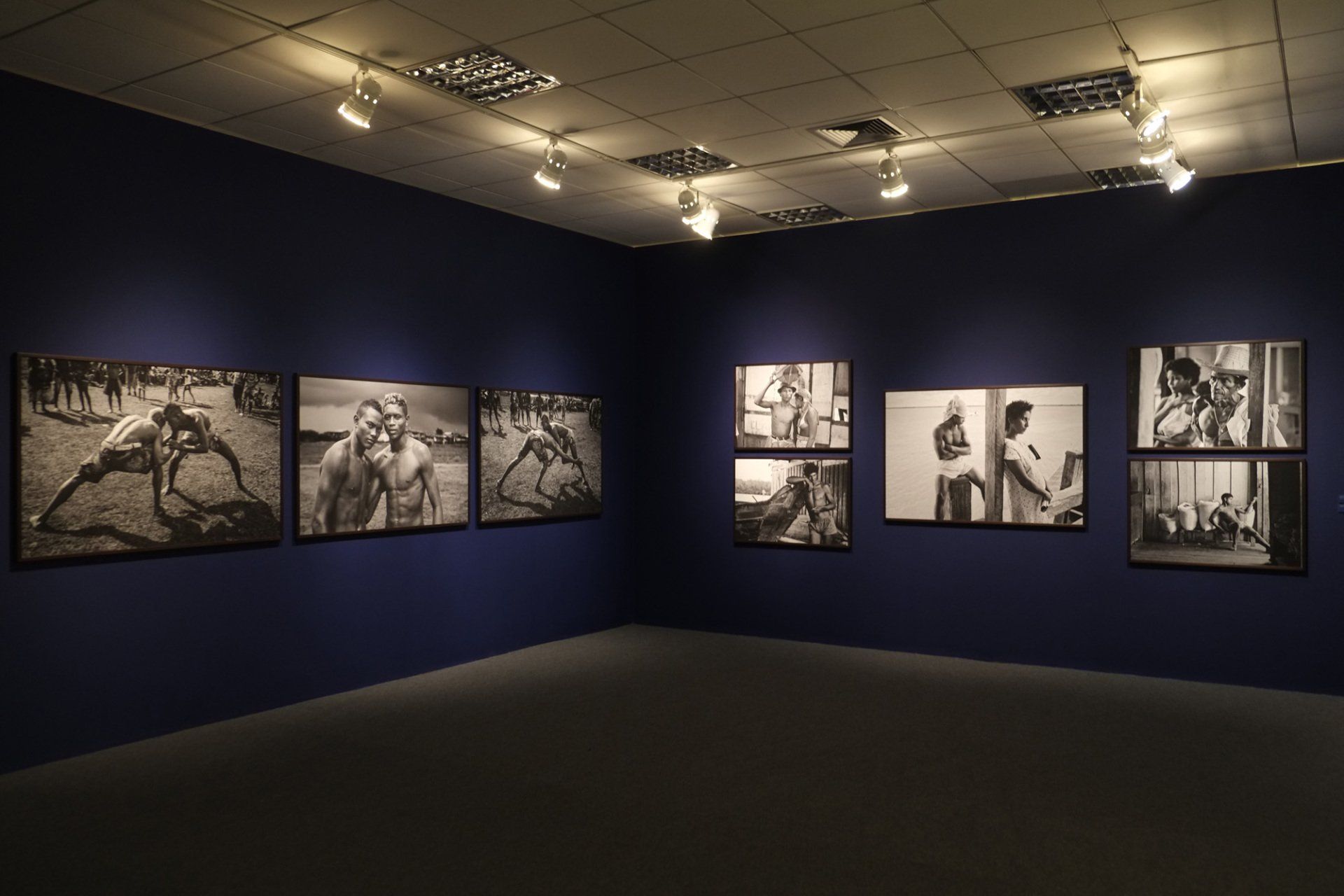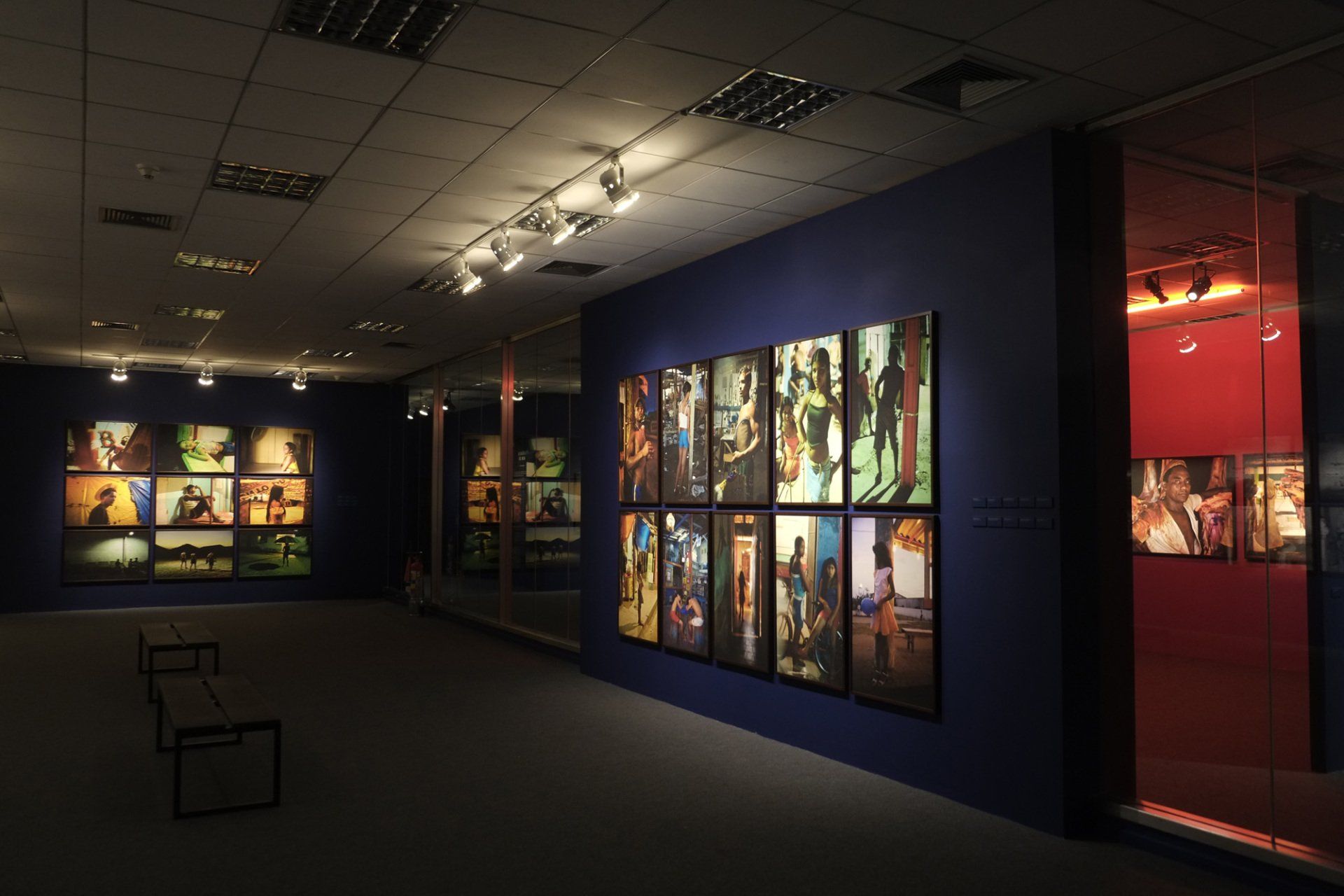LUIZ BRAGATRACES OF OUR TIME
The perception that everything changes all the time, regardless of our desires and beliefs, drives us to want to capture and keep records of every moment as if it were possible to preserve them in their essence for posterity. What we lack, at times, is the ability to make come forth, with equal accuracy, the tangle of symbols and meanings that turn these dated records into potential works of art.
In today’s world, people’s relationship with new technologies may have encouraged the emergence of thousands of observers aware of the abundant ephemera that disappear just as quickly as they arise. Paradoxically, few of these images are able to ascend the steps to public recognition and achieve the status of deserving a place of permanency.
This is perhaps why we choose to devote precious time to contemplating the tiny fraction of a second captured by the magic of a photograph or a painting. An often-naive way to try to resist the impulse to changes, which seems not to detain itself before the dazzle caused by the interaction with natural landscapes, their cycles, and the disastrous human interference. In this immortalized moment, unusual lines, lights, colors, and shadows of an endangered world reach us with the static fluidity of a profane revelation.
It is under this perspective that the exhibition Resounding Humanized Nature, curated and researched by Diógenes Moura, hopes to reach us. By evoking a time and a space that are not restricted to traditional flows, it embodies the silent domain of everyday-life scenes and people, impregnated with traces of our times and other times, thereby implying that we are able to share emotions that are part of a collective memory carried by humans as a species of explorers of places hostile to their presence.
For Sesc, providing the audience with the opportunity to find oneself in Pará-born Luiz Braga’s photographs, which are markedly local and universal, means conveying the feeling that, as much as we judge ourselves to be different from each other, there is an extreme equality force that explodes when we are faced with ways of being and living, and places and faces that are as strange as they are immensely close to us. This epiphany of belonging, by which we are touched, may spark reflections on respect for differences, for other living beings, and for the rights and responsibilities we all have in relation to the preservation of life.






